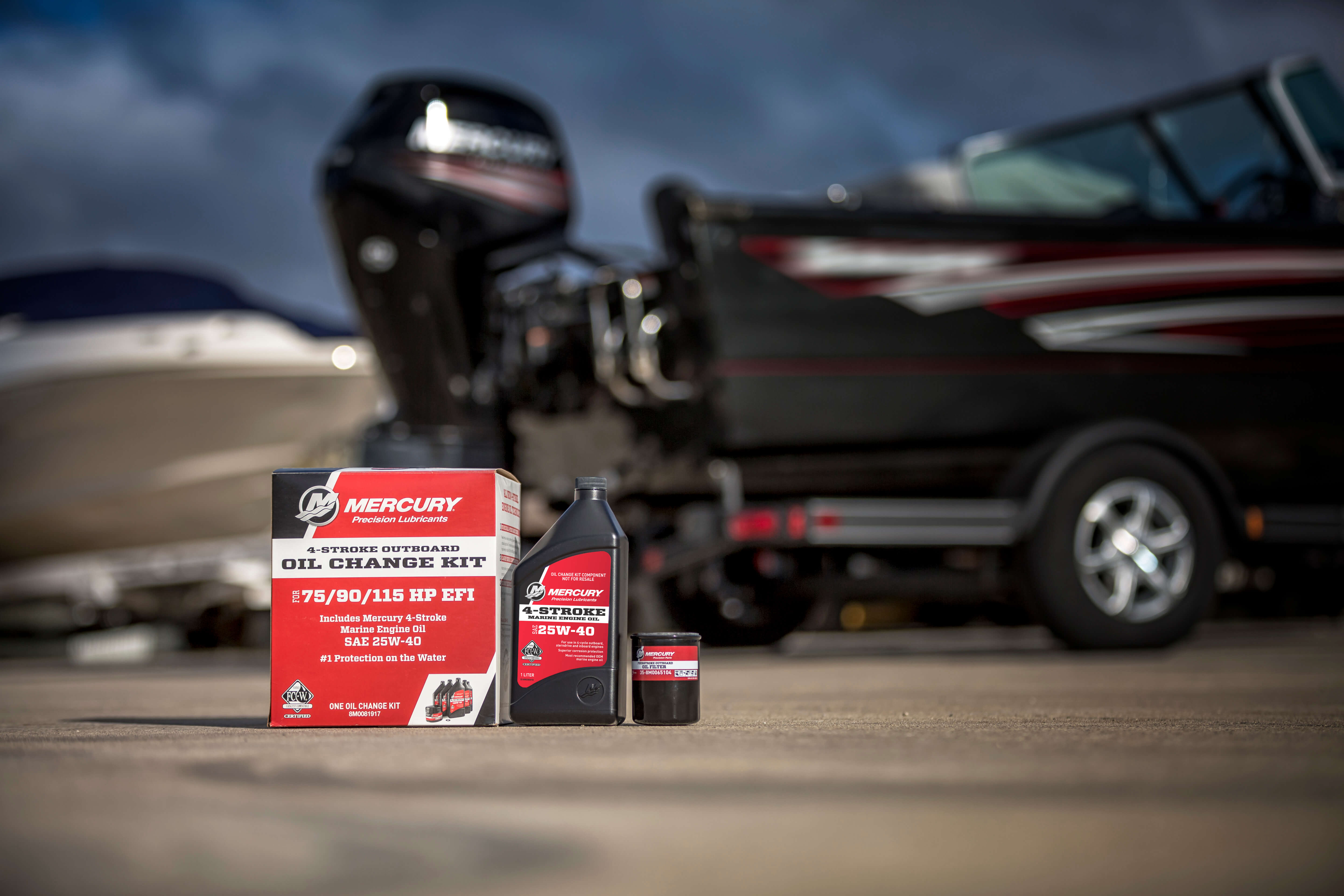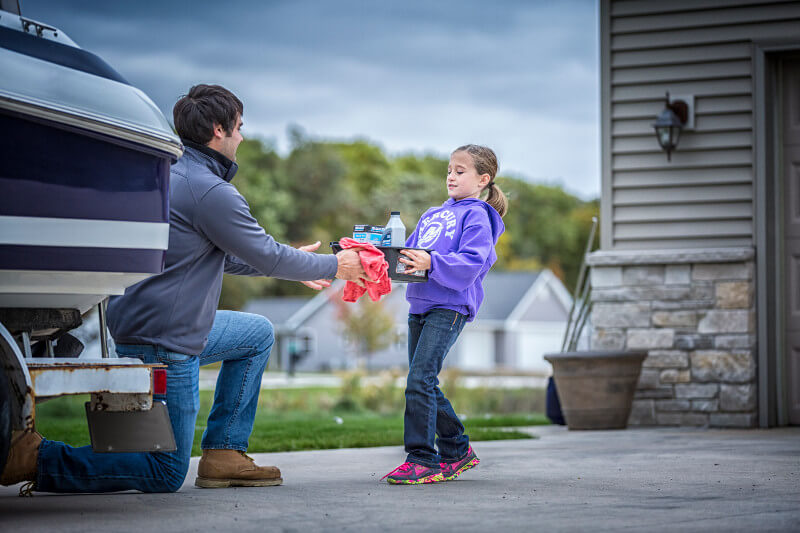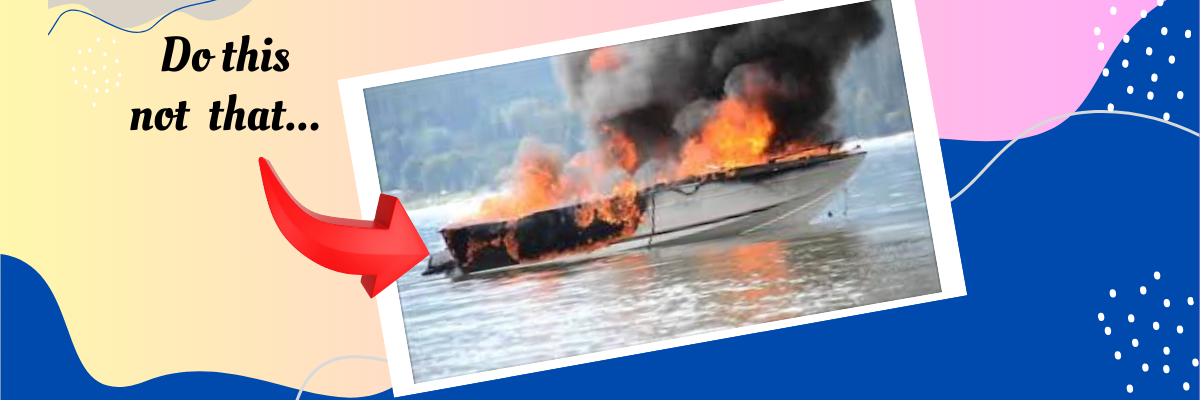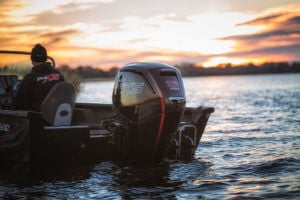While we traditionally talk about winterizing sterndrive engines, it is important to remember that your outboard engine needs some attention at the end of the season. You may be thinking it’s a bit early to be writing about winterizing and you would be correct, however, we do remind our faithful blog readers to winterize throughout the fall season. Follow us on Facebook or Twitter so you don’t miss our free boat engine tips and advice each week. We will remind you to winterize your boat engine.

So, why should you winterize your outboard? Simply put, failure to winterize your outboard motor can cause:
-Damage to your Cylinders
-Clogged Injectors &
-Bad Engine Oil
Forgetting to fog the cylinders can allow condensation in the air to develop moisture in the engine. This moisture can allow rust to develop in the cylinders and upon starting up your motor you may crack the rings and or score the cylinder walls. Failing to treat your fuel can lead to gunk in your tank and fuel lines. Old gasoline can gum up your carburetor, injectors and vapor separators. which can impede the performance of your engine. Finally, it is important to change your oil at the end of the season to remove contaminates. These contaminates when mixed with condensation make acids which attack the metal in your motor.
Unfortunately if you did not winterize your outboard motor or did it incorrectly, you may have repairs ahead of you. Quality motor maintenance done on time saves money in the long run. Always take your time and perform manufacturer recommended maintenance. Recommended maintenance requirements can be found in your owners manual or you can pick up a Clymer Shop Manual from US Boatworks. If you are unsure of what to do or when to do it, call your authorized manufacturer marine shop. They should be happy to assist you in keeping your motor in top running condition.
There are a couple of things you can do to prevent additional damage to your engine. First off, lower your drive to allow water to drain out the bottom when temperatures are above freezing. Next, change the oil and inspect it for the presence of water. Also inspect lower plug this for the presence of undue amounts of metal. If you find water in your oil or metal on the lower plug, you will need to schedule your motor for repair before running your motor.
A certified mechanic will run your motor to determine what damage as occurred.







